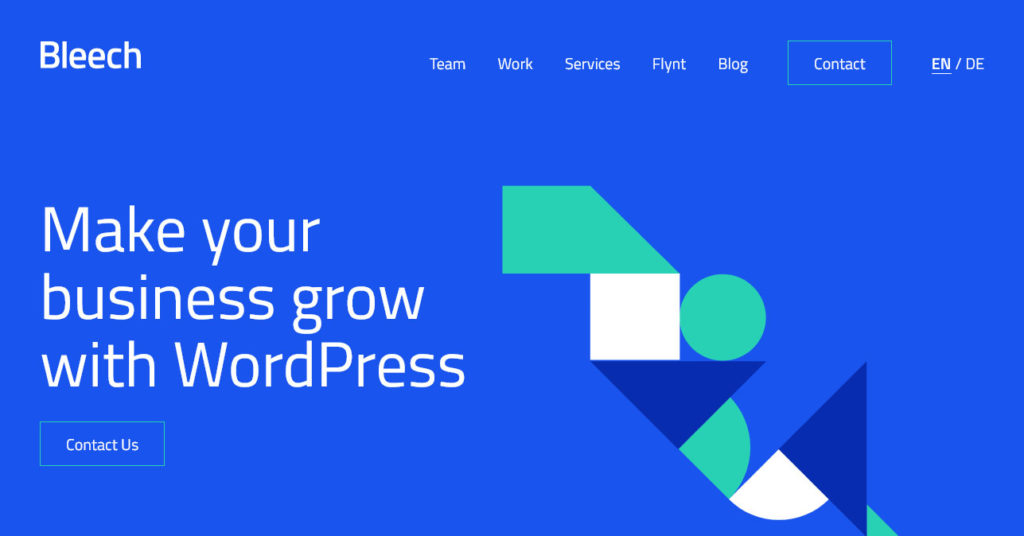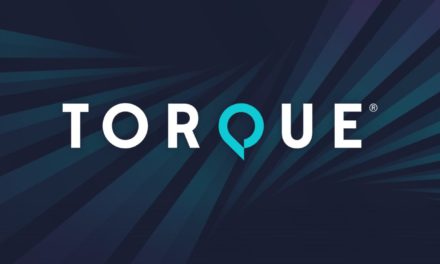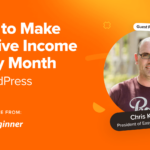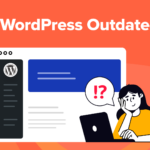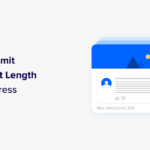Starting a WordPress agency from scratch, or forming your established team into one, can be tough. After all, moving out of “small business” territory and into an established company with many employees, a workflow, and recurring clients is often daunting. But in truth, it doesn’t have to be an overwhelming experience. You can start a WordPress agency from scratch with minimal fuss.
Today, we will be discussing this and more. We’ll first define what WordPress agencies do as well as the steps you need to take to start one. Follow the steps below for a good idea of what you’ll need to figure out to turn your business idea into a reality.
What is a WordPress Agency?

A WordPress agency is a type of digital agency specialized in WordPress. In fact, WordPress agencies specialize in all sorts of services, from marketing to website design to maintenance. Some offer catch-all services that set up and maintain an entire website and conduct part of a business. It really depends on the skill set of the team members in the agency as well as the desired scope of the business.
Agencies are made up of several employees, all in different roles. This can encompass a diverse mix of designers and developers, marketers as well as writers and administrators. The employees may be located all within an in-person office, work remotely from across the country, or even from various spots all around the world. Again, it just depends on the preferences of the agency owner.
Finally, WordPress agencies are usually equipped to handle a range of clients and situations. This often differentiates them from freelance WordPress developers who specialize in a niche area or offer a limited range of services.
How to Start a WordPress Agency Step by Step
Once you decide you want to start a WordPress agency for yourself, there are a few key steps to take. We’ve broken down the task into five distinct areas here.
1. Decide on Your Niche
Before you can do anything else, you’ll need to decide the niche of your WordPress agency. What is it about your company that will set it apart from your competitors? This is where you lean on your experience. If you worked as a freelancer prior to this, what types of projects did you work on the most? If you worked for another agency before, what was your area of expertise?
A few common niches for WordPress agencies include:
- Design and development
- Multisite
- Whitelabeling
- Maintenance
- Security
- Support
It’s perfectly fine to specialize in more than one area. However, you should have a clear idea of what services you’ll offer and what sort of employees you’ll need to hire to accomplish them.
With this information in mind, you can then move onto the research phase. Take a look at what other agencies are doing. What do they charge for their services? You’ll definitely want your pricing to be competitive, but you should also ensure that the prices you pick are sustainable.
With these numbers in mind you can work up a rough estimate of your starting costs as well as your estimated monthly costs. This includes the cost of hiring employees.
Narrow Down Further
And as you come up with these estimates you can start to envision goals for your agency. This is where you create a rough sketch of your business plan and mission statement.

Ensure yours answers the following questions:
- A breakdown of your company’s products and services
- A rundown of how your agency will operate in the day-to-day
- A statement as to the purpose of your agency
Basically, your mission statement should act as a bold declaration of your WordPress agency’s purpose.
And lastly, decide on a company name and choose a good domain name based on it. Don’t skimp on this step as it will serve as a foundation for the rest of your business.
2. Design Your Website

After you’ve got all the planning steps out of the way, you can start to work on your WordPress agency’s website. It is what most of your prospects will interact with first, so consider it your agency’s primary portfolio. Your agency website should include:
- A portfolio of past work. Make sure this features not only your best work but also projects that best fit your mission statement. For instance, if you’re catering to those who need websites in the healthcare field, it wouldn’t make a lot of sense to use examples of real estate websites.
- Include case studies. This is a little bit tricky when you’re first starting out. However, as soon as you’ve completed a successful project or two, consider writing up a little case study about the experience. Most satisfied clients are willing to participate in this process.
- Offer testimonials. Similar to the above, including testimonials on your agency website will give potential clients a glimpse into what working with you was like.
- Create an About page. Just about every website has one of these. Make sure yours succinctly describes what your agency is all about, what you offer, and what sets you apart from your competitors. You might want to include some of this information on your homepage as well.
- Make contacting you easy. Yes, you should have a traditional Contact Us page, but offering multiple ways to get in touch with you increases the likelihood of prospects doing so. Include a phone number at the top of your website. Add a chatbot that sends prospect’s questions directly to you via text message. Add a contact form on your homepage or footer.
Before you officially launch your website, make sure you have all of your legal issues sorted out. This means, you should file for all the appropriate business licenses in your city, county, state, and country. If you’ve created a branded name for your WordPress agency, consider trademarking it and registering it with the appropriate authorities.
Some of these latter steps aren’t as important when you’re first starting out, especially if you don’t have any employees. But as your business grows, you will need to take care of these steps.
3. Define the Creative and Technical Process
While each project will definitely have its own workflow, you should spend the time upfront to develop creative and technical processes for your agency. This will prevent a lot of headaches later down the road and help to maintain a consistent brand approach across multiple projects, clients, and employees.

To get started, you will need to create a style guide that spells out what standards each employee needs to meet. This could include things like how to approach optimizing images for your websites, plugins that you prefer to use, as well as resources that you’ve provided like stock imagery, subscription services, design tools, social marketing tools, and so forth.
Workflows, Tools, and Documentation
You should also create a workflow for all of your employees to follow. This makes it easy to give your clients a heads up about progress. It’s highly recommended that you use a project management tool to keep tabs on everyone’s tasks and what every person on the team needs from each other to complete their jobs. A few helpful tools to consider include Trello, Asana, and Teamwork. Communication tools can be really helpful here as well like Slack or Skype.

If you need to make any purchases at this point, now is the time to do it. Along with the tools mentioned above, you may also consider purchasing agency licenses for preferred WordPress themes and plugins, time tracking tools, automation software, developer tools, and anything else that will help you and your team get the job done.
Lastly, write down and formalize everything. For everything mentioned above, make sure you have thorough documentation about it. This way everyone on your team always knows what to expect, where to find resources, and how to best relay progress to clients. You could also provide the documentation you’ve created to your clients so they know what to expect from your working process. Not to mention, thorough documentation makes bringing new hires on board a lot easier.
4. Hire a Team
Another essential step to attempting to start a WordPress agency is to hire a capable team. Your first order of business is to draft up your team structure and figure out what sort of roles you need to fill.
Then you’ll need to hire people that fit the bill. Make sure you’re bringing new people on board that can fill the roles of the services you offer to your clients. As you’re building your team, you may discover that you need additional help to flesh out the operations side of your agency. This might include roles like a project manager, a social media manager, or a client outreach coordinator.
5. Market Your Business and Set Up an Income Stream
Once you’ve launched your website and hired a team, there’s nothing left to do but to grow. This is the time you start to really lean into your marketing efforts to find new clients. You can do this by purchasing ad space or writing guest posts on high profile blogs in your industry.
Posting to social media is always a good idea as well. You can do this directly by marketing your services there, but you could also engage more authentically to draw attention and attract viral views. You may even wish to consider generating videos for TikTok or Instagram.

Fleshing out your SEO is important as well since this will bring new organic traffic to your website – especially those looking for your specific services. You can do this most effectively through content creation. Write blog posts that offer helpful information and also target keywords for your niche.
You may also wish to partner with other businesses in your area to increase awareness for your brand. Participating in the WordPress community is a great idea, too, as it gets your name out there as a trusted source. You’ll become top-of-mind for those looking for WordPress solutions, which isn’t a bad place to be.
And finally, you may wish to lean into recurring revenue. Though not applicable to all types of WordPress agencies, those specializing in support and maintenance areas can really take advantage of the ability to build recurring income streams. Satisfied clients will gladly pay a fee each month to have their websites be out of sight and out of mind.
Are You Ready to Start Your Own WordPress Agency?
There’s no way to sugarcoat it: starting a WordPress agency takes a lot of work. But your effort will be more than rewarded if you follow the steps outlined above.
By establishing a clear mission statement, picking a specialized niche, and thoroughly researching your competitors you can ensure you start out on a solid foundation. Likewise, investing in thoughtful website design that puts your best foot forward stands to make a real impact.
It’s also worthwhile to define the creative and technical processes of your agency. That way, you dont have to repeatedly tread the same ground. And lastly, planning out a marketing strategy that includes ways to develop recurring revenue streams prepares your agency for long-term success.
There are no shortcuts to starting a WordPress agency, but success is yours for the taking. You just have to put in the work. Good luck!
Are you thinking to start a WordPress agency? Where are you in the process and what do you find most challenging? Please share in the comments below.

